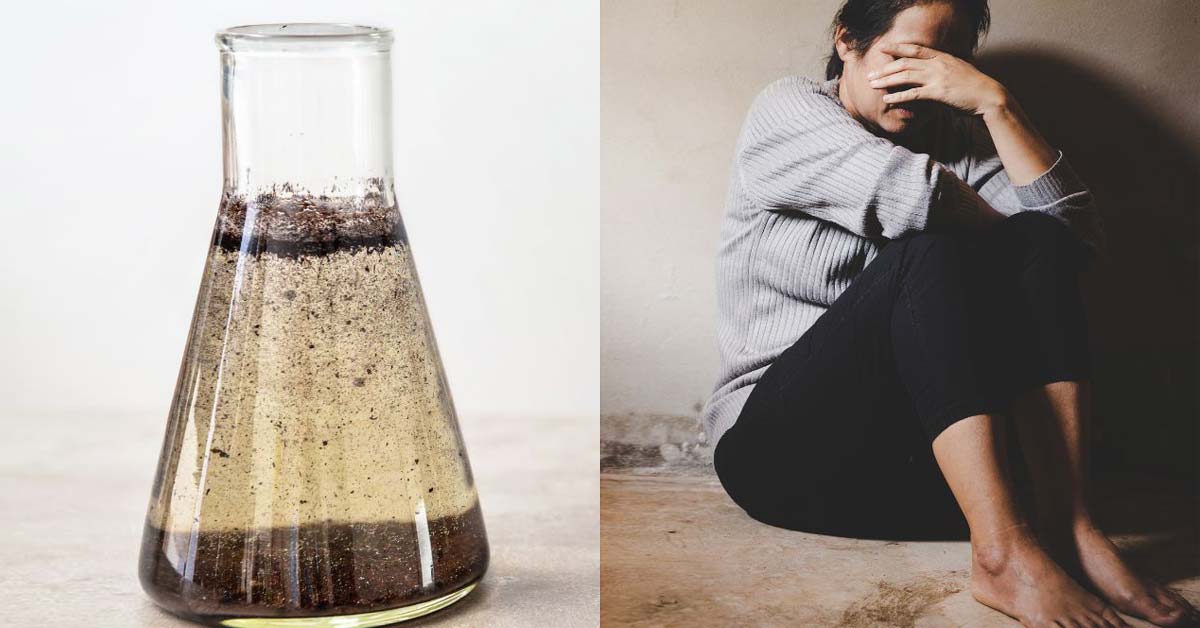For decades, between 1953 and 1987, the drinking water at Camp Lejeune in North Carolina was contaminated with harmful chemicals. This tragic event exposed military service members, civilian workers, and their families to dangerous toxins, leading to a range of serious health problems. One of the most concerning consequences is the increased risk of developing various types of cancer.
If you or a loved one lived at Camp Lejeune during this period and have been diagnosed with cancer, you may be entitled to compensation. Consulting a Camp Lejeune water contamination lawyer can help you navigate the legal process and ensure you receive the benefits you deserve.
The Culprit: Camp Lejeune’s Contaminated Water
The source of the contamination stemmed from leaking underground storage tanks and industrial waste sites. These leaks resulted in the presence of volatile organic compounds (VOCs), trichloroethylene (TCE), perchloroethylene (PCE), and other harmful chemicals in the water supply. Exposure to these toxins can suppress the immune system, damage DNA, and contribute to the development of various cancers.
Increased Risk of Specific Cancers
Studies have shown a significant link between exposure to Camp Lejeune’s contaminated water and a higher risk of developing specific cancers. Some of the most common types include:
a. Tier 1 Cancers: These are the cancers granted the highest presumption of service connection by the Department of Veterans Affairs (VA). They qualify for faster healthcare and disability benefits. The Tier 1 cancers associated with Camp Lejeune water contamination are:
- Bladder cancer: This cancer affects the cells lining the bladder. Exposure to TCE and other VOCs significantly increases the risk.
- Kidney cancer: The kidneys can develop tumors due to exposure to contaminants in the water.
- Leukemia: This blood cancer affects the body’s production of white blood cells.
- Liver cancer: The liver is particularly susceptible to damage from VOCs, leading to an increased risk of cancer.
- Non-Hodgkin’s lymphoma: This cancer affects the lymphatic system, which is vital for fighting infection.
b. Other Cancers: While not classified as Tier 1, other types of cancer have also been linked to Camp Lejeune water contamination. These include:
- Breast cancer: Both men and women who were exposed to contaminated water may have a higher risk of developing breast cancer.
- Cervical cancer: Studies suggest a possible link between contaminated water and cervical cancer, though more research is needed.
- Esophageal cancer: The esophagus, the tube connecting the mouth to the stomach, can be affected by exposure to certain chemicals.
- Lung cancer: While smoking is the primary risk factor, exposure to VOCs may also contribute to lung cancer development.
- Multiple myeloma: This cancer affects the bone marrow and can be linked to contaminated water exposure.
- Pancreatic cancer: The pancreas, an organ involved in digestion, can develop cancer due to exposure to certain toxins.
- Prostate cancer: Men who lived at Camp Lejeune during the contamination period may have a higher risk of prostate cancer.
It’s important to note that this is not an exhaustive list, and the risk of developing cancer can vary depending on factors like the duration and level of exposure, age at the time of exposure, and individual genetic susceptibility.
Recognizing the Signs and Symptoms
The symptoms of cancer can vary depending on the specific type. However, some general warning signs may include:
- Unexplained weight loss or gain
- Fatigue
- Persistent fever or night sweats
- Changes in bowel or bladder habits
- Unusual bleeding or discharge
- Lumps or bumps anywhere on the body
- Persistent pain
If you lived at Camp Lejeune between 1953 and 1987 and experienced any of these symptoms, it’s crucial to seek immediate medical attention. Early detection and treatment can significantly improve a cancer patient’s prognosis.
Seeking Help and Compensation
If you or a loved one have been diagnosed with cancer and believe it may be linked to Camp Lejeune’s water contamination, you are not alone. The VA offers healthcare and disability benefits to veterans who meet specific criteria. Additionally, the Fair Treatment for Camp Lejeune Families Act allows eligible individuals to seek compensation from the government. Consulting a Camp Lejeune water contamination lawyer can ensure you understand your rights, gather the necessary documentation, and navigate the legal process effectively.






